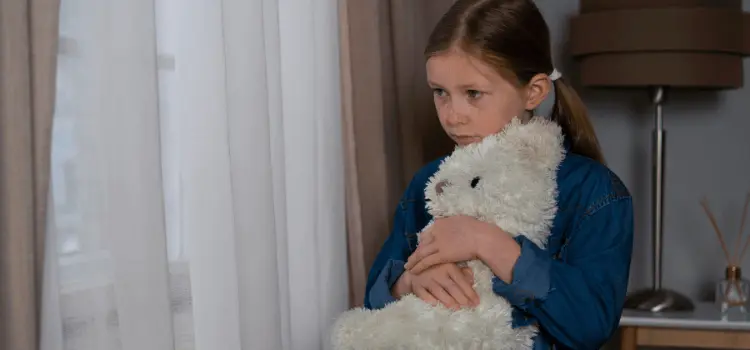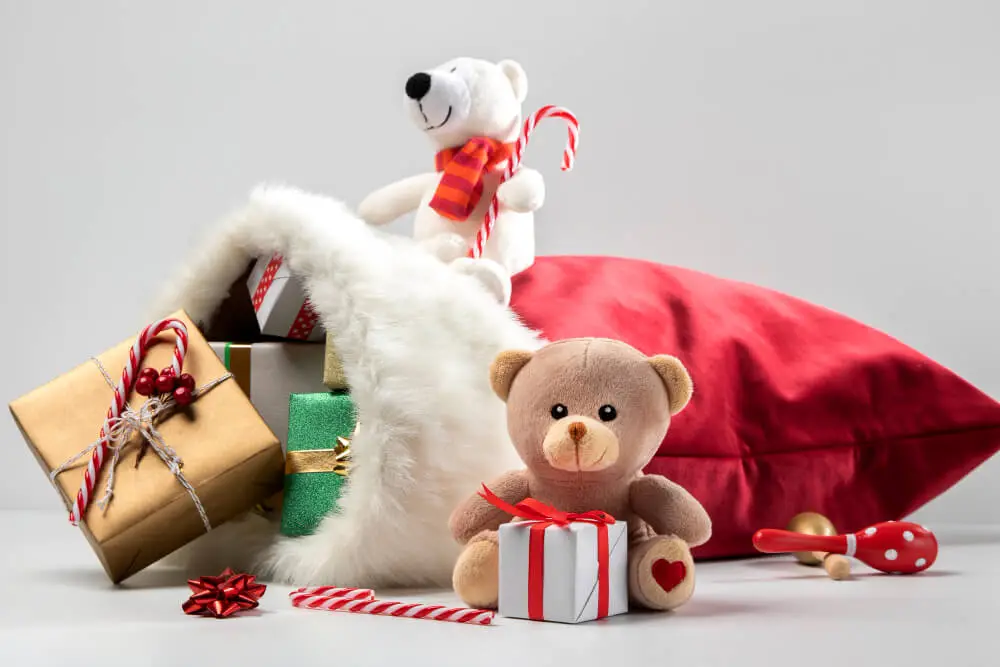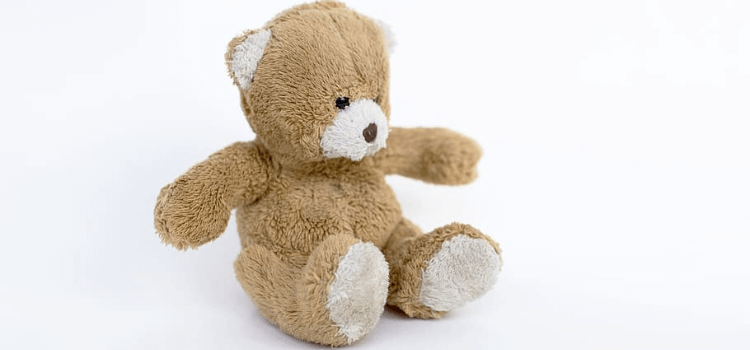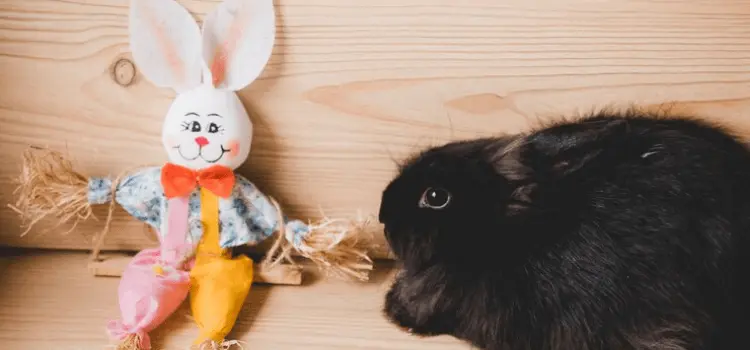Introduction
Anxiety is a common mental health issue that affects millions of people worldwide. The feeling of unease, worry, and fear can be overwhelming, making it difficult to lead a normal and fulfilling life. Fortunately, there are various methods and techniques to manage anxiety, and one such method that has gained popularity is the use of stuffed animals. In this article, we will explore the topic “Do stuffed animals help with anxiety?” and delve into the potential benefits these cuddly companions can provide.
Do Stuffed Animals Help with Anxiety?
Stuffed animals, also known as plush toys, have been a beloved staple in many households for decades. These soft and huggable toys are often associated with comfort, security, and emotional support, making them a natural consideration for individuals seeking relief from anxiety. While stuffed animals cannot provide a cure for anxiety disorders, they can offer a sense of solace and act as a soothing presence. Here are several ways in which stuffed animals can potentially help with anxiety:
1. Emotional Comfort
Stuffed animals have a unique ability to evoke a sense of emotional comfort. Many individuals find solace in cuddling and holding onto a soft toy during times of stress or anxiety. The tactile sensation of touching and hugging a stuffed animal can provide a feeling of security and reassurance, helping to alleviate anxious thoughts and promote relaxation.
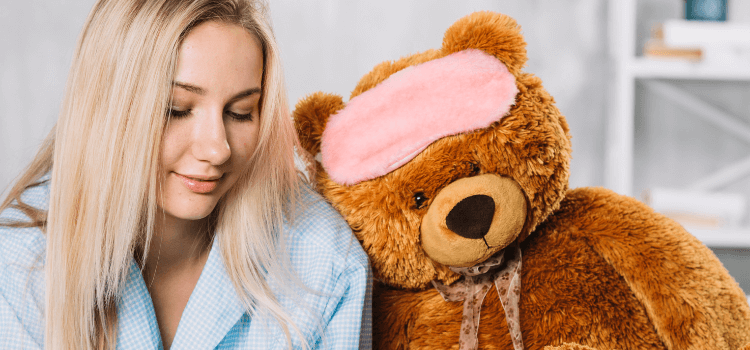
2. Stress Reduction
Engaging with a stuffed animal can serve as a distraction from anxious feelings and reduce stress levels. By focusing on the tactile experience of interacting with a plush toy, individuals may find their attention shifting away from anxious thoughts and towards a more calming and enjoyable activity. This can lead to a reduction in overall stress and a sense of relief.
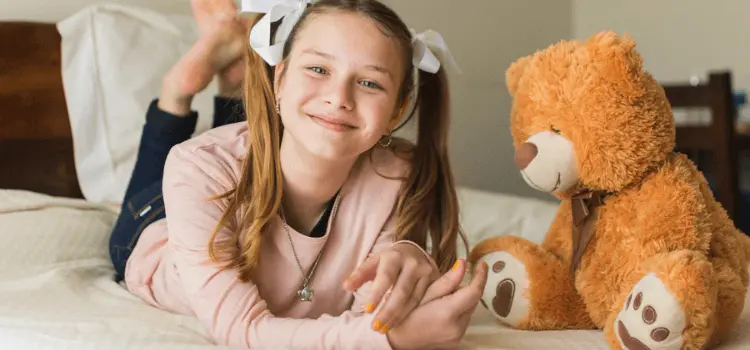
3. Sleep Aid
Anxiety often interferes with sleep, making it difficult for individuals to get the rest they need. Stuffed animals can play a role in improving sleep quality by providing a source of comfort and security. Holding or cuddling a stuffed animal at bedtime can create a soothing environment and promote a sense of relaxation, potentially helping individuals with anxiety to fall asleep faster and experience a more restful night’s rest.
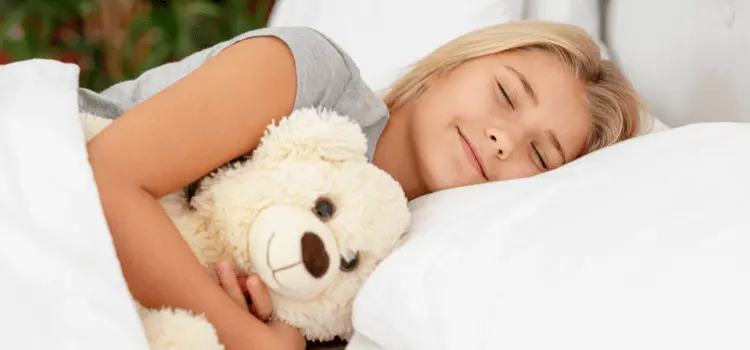
4. Symbolic Representation
Stuffed animals can serve as a symbolic representation of emotional support and companionship. For some individuals, having a plush toy can act as a tangible reminder that they are not alone in their struggles. The presence of a stuffed animal can provide a sense of companionship and emotional stability, particularly during times when social support may be limited.
5. Mindfulness Tool
Practicing mindfulness techniques is an effective way to manage anxiety. Stuffed animals can be incorporated into mindfulness exercises as a focal point for attention and grounding. By directing focus to the sensory experience of holding a stuffed animal, individuals can engage in present-moment awareness, promoting relaxation and reducing anxiety symptoms.
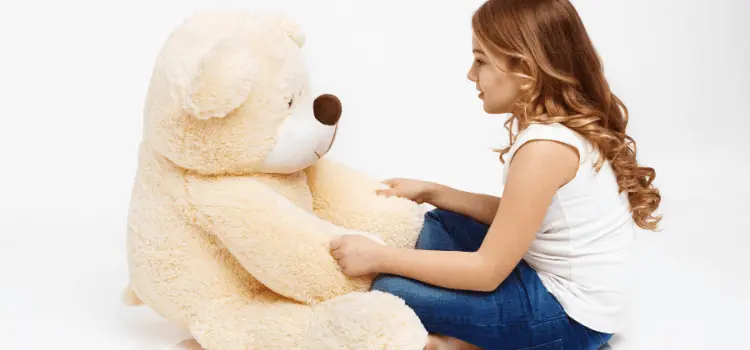
6. Transitional Object
Transitional objects, such as stuffed animals, can help individuals transition from one environment to another or cope with separation anxiety. Children, in particular, often form strong attachments to stuffed animals as a way to feel secure and comforted when faced with unfamiliar situations or separation from loved ones. This can extend to individuals of all ages, offering a source of support during challenging times.
Conclusion
In conclusion, while Stuffed animals cannot cure anxiety, they can serve as a source of comfort and emotional support. The tactile sensation, stress reduction, and symbolic representation they provide can help individuals cope with anxiety and promote relaxation. However, it is essential to remember that professional help is crucial in managing anxiety disorders effectively. If you or someone you know is experiencing anxiety, reach out to a mental health professional for guidance and support.
FAQs About Stuffed Animals and Anxiety:
Are stuffed animals only beneficial for children with anxiety?
No, stuffed animals can provide comfort and support to individuals of all ages, including adults, who are experiencing anxiety. The emotional benefits of cuddling a plush toy are not limited to children and can be equally beneficial for adults seeking relief from anxiety.
Can stuffed animals replace professional help for anxiety?
While stuffed animals can provide a sense of comfort and emotional support, they are not a substitute for professional help. It is essential to consult with a mental health professional for a comprehensive assessment and to develop a personalized treatment plan for anxiety.
How should I choose a stuffed animal for anxiety relief?
Choosing a stuffed animal is a personal decision. Opt for one that resonates with you emotionally, whether it be a specific animal, character, or design. The key is to select a plush toy that brings you a sense of comfort and connection.
Are there any specific features to look for in a stuffed animal for anxiety?
When selecting a stuffed animal for anxiety relief, consider features that promote tactile comfort, such as a soft and huggable texture. Additionally, ensure the plush toy is hypoallergenic and easy to clean to maintain hygiene.
Can I use multiple stuffed animals for anxiety relief?
Yes, you can use multiple stuffed animals if it helps in managing your anxiety. Some individuals find comfort in having a collection of plush toys, while others prefer to focus on one particular stuffed animal. Experiment with what works best for you and adapt accordingly.
How can I incorporate a stuffed animal into my anxiety management routine?
Incorporating a stuffed animal into your anxiety management routine can be as simple as keeping it nearby during stressful situations or utilizing it as a mindfulness tool during relaxation exercises. Find ways to integrate the plush toy into activities that promote calmness and emotional well-being.

